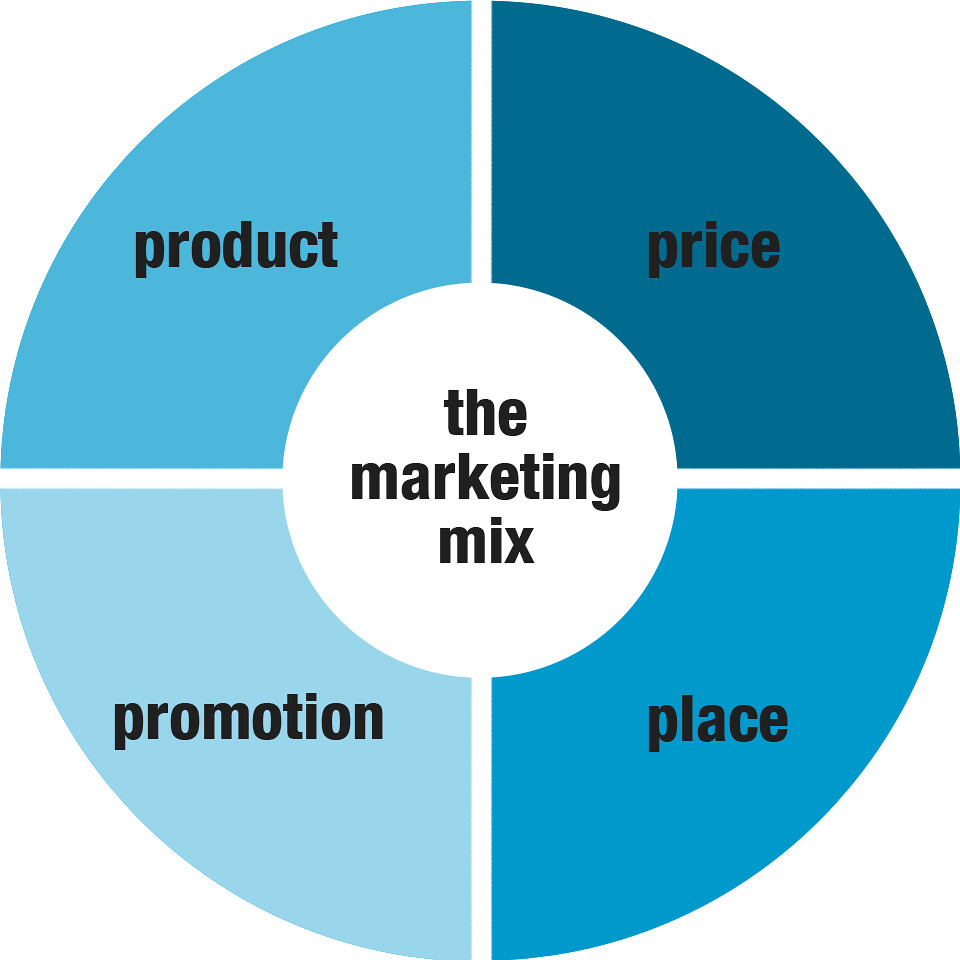Pricing is a key element of the marketing mix. All the other elements – Product, Packaging, and Promotion are cost generators, i.e. they cost the company money. But pricing is an income generator. Let us look at the factors that determine the pricing of a product.
Suggested Videos
Pricing
A price is a value in monetary terms that one party pays to another in a transaction in exchange for some goods or services. So the definition of price is the amount of money the buyer will pay as consideration to the seller in exchange for goods or services.
Pricing isn’t always as easy as setting a price the seller hopes to obtain. It involves aspects such as demand and supply, cost of the product, its perception and value for the customer and many such factors.
So while pricing a product, the company has to take immense care and consideration. If the price is too high or even too low the product will fail in the market. This is also the reason why the determination of price is not a one-time event. A company changes the prices according to the market conditions and other circumstances.

Browse more Topics under Marketing
- Market & Marketing
- Functions of Marketing
- Role of Marketing and Marketing Mix
- Marketing Management Philosophies
- Product
- Labelling
- Packaging
- Distribution
- Personal Selling
- Promotion
- Branding
- Sales Promotion and Publicity
Factors Affecting Price Determination
A company has to keep in mind various factors while determining the price of a product. Some such important factors are given here.
1] Cost of the Product
The most important factor affecting the price of a product is the product cost. The same principle also applies in case of services. The product cost will be inclusive of the cost of production, the distribution costs and the selling and promotion costs. This cost will act as a benchmark for setting the price.
In the long run, the company will obviously try to cover the entire cost of the product. And in addition, it will set for itself a profit margin over and above such cost. But perhaps in the short run, the company may set a price lower than the cost of the product. This is a marketing strategy to boost sales and capture a share in the market. But in the long run, no company can survive unless the prices of the products/services do not even cover their costs.
Let us also learn about the three types of costs of a company
- Fixed Cost: These costs are fixed. They have no relation to the level of activity or production of the company. Even if there is no production of goods these costs will occur. For example, the rent of the factory is a fixed cost.
- Variable Cost: These are the costs that vary in direct proportion to the production levels of an entity. Higher the production, higher the cost and vice versa. The raw material is a classic example of a variable cost
- Semi-Variable Costs: These costs also vary with the production levels. But they are not directly proportional. Say for example the salary of a manager is 10,000/- a month fixed and then 10% of his sales. This is a semi-variable cost.
2] The Demand for the Product
The cost of the product will only give you a benchmark to determine the price. The upper limit of the price range will depend on the utility the product has and hence its demand in the market. So the cost of the product is the seller’s concern. The buyer’s concern is the utility of the product. The demand for the product will depend on its utility and its price. The law of demands states that lower the price higher the demand.
Another factor to consider when determining the price is the elasticity of demand. This means the corresponding change in demand to the change in the price of a product. If the demand is inelastic then the company can charge a higher price for their products.
3] Price of Competitors
One factor that affects price termination is the price the competition charges for their product. Not only their price but their products, its features and other factors like distribution channel, promotions etc. should also be studied.
In a market, with free competition, the prices have to be very competitive. You cannot risk pricing yourself out of the market. But on the other hand, if your products have special r additional features this must be reflected in the price.
4] Government Regulation
The government has a duty to protect its citizens from unfair practices and pricing. So it may impose certain laws and regulations with regards to the pricing of a product. It can even regulate the prices of goods that it considers essential goods.
This generally happens in the pharmaceutical industries. Manufacturers charge exuberant prices for life-saving drugs and the buyers have no choice but to pay. In such cases, the government may step in and regulate the prices of these essential medicines.
There are other factors also which help a company in their pricing aspect of the marketing mix. Here we have covered the four most important ones.
Solved Question for You
Q: If the demand for a product is highly elastic the company can easily change their prices. True or False?
Ans: The following statement is False. If the demand is highly elastic, i.e. elasticity is more than 1 then the demand of the product will change drastically in response to a change in price. So we can say in such a case that the company will not find it suitable to change their price.






Leave a Reply